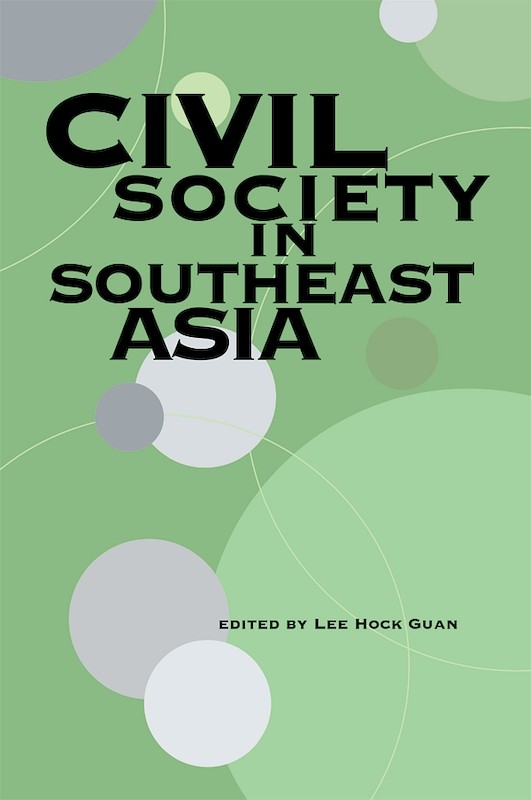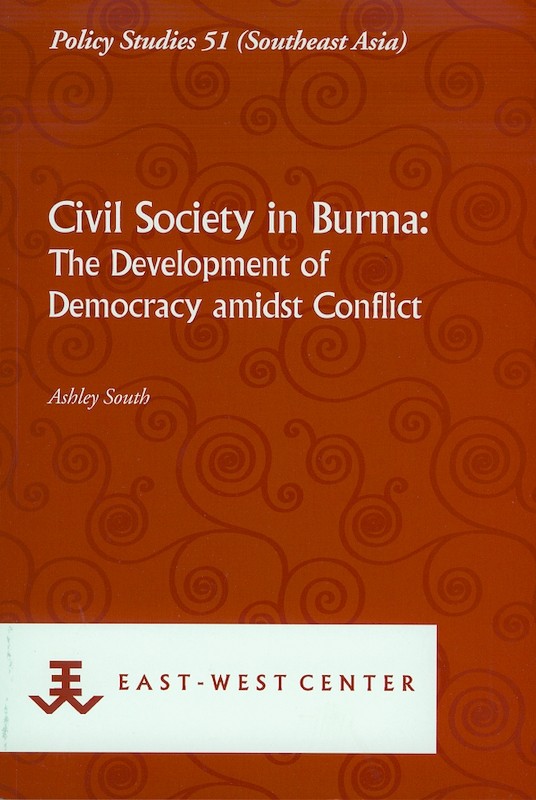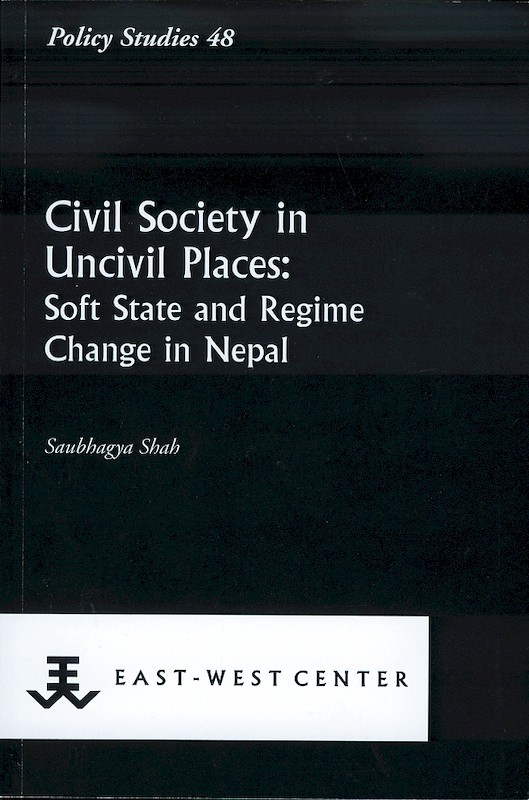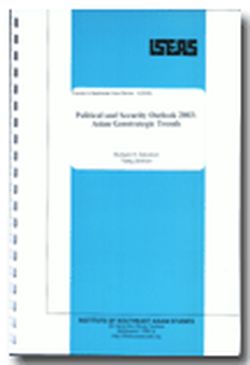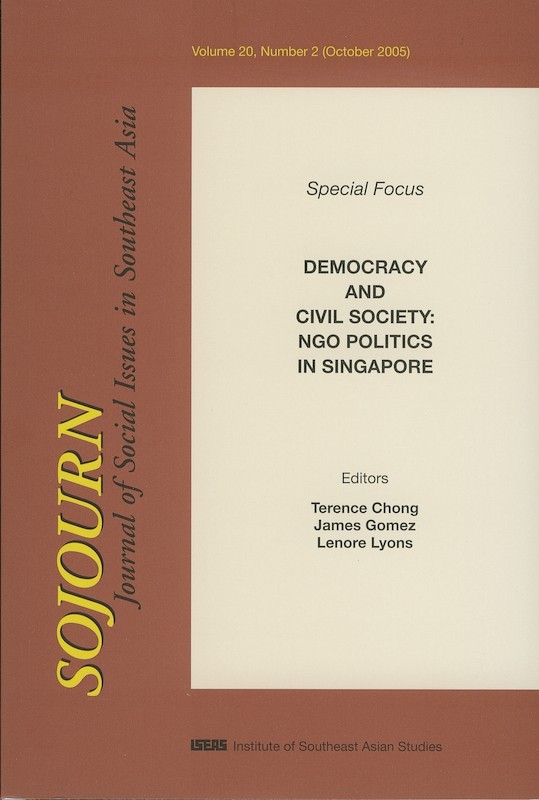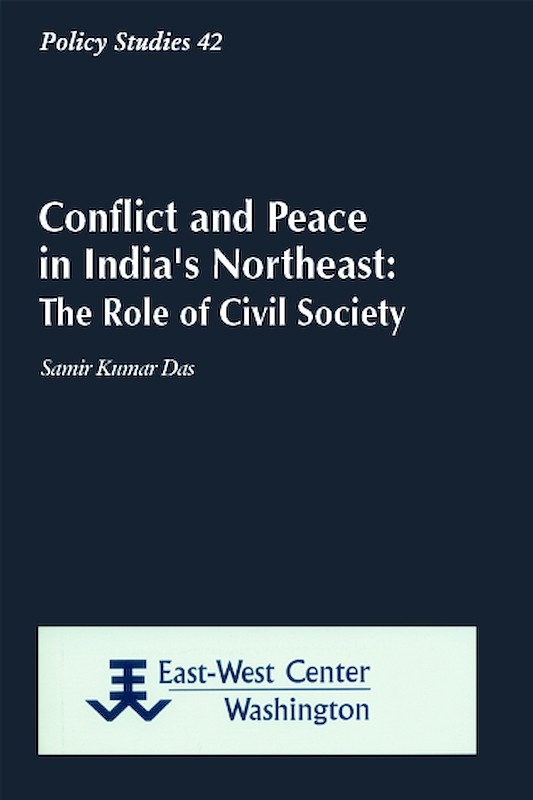Islam and Civil Society in Southeast Asia
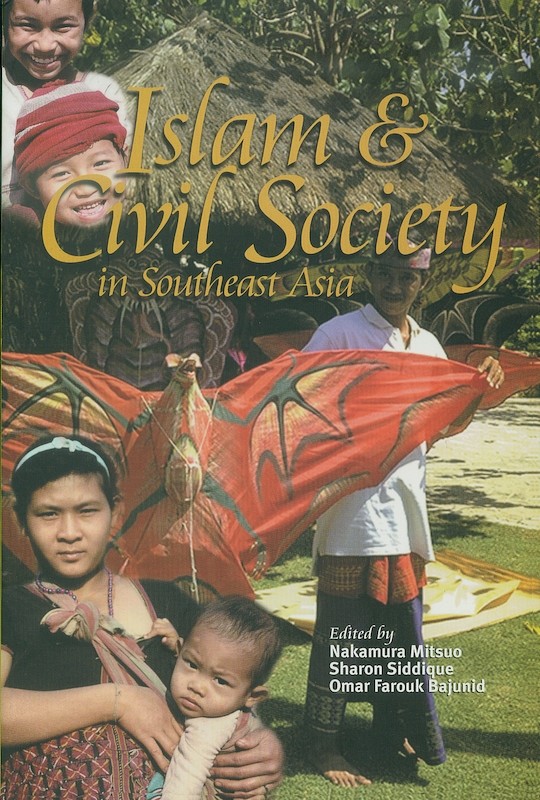
Reviews
"All the Southeast Asian contributors to the present volume have been selected from not only established scholars of Islam or Muslim societies but also from experienced activists or active participant observers of civil society in their respective countries. They include one of the foremost intellectual leaders of 'civil Islam' in Indonesia, Nurcholish Madjid; Professor M. Amin Abdullah, a leader of Muhammadiyah -- the second largest Indonesian Muslim organization of modernist Islam; Professor of Social Anthropology at Malaysian Kebangsaan University, Sharifah Zaleha; Michael O. Mastura, the President of the Islamic Welfare Society in the Philippines; and Sharon Siddique, a scholar of Muslim sociology" (The Review of International Affairs).
About the publication
Co-publication: ISEAS / Sasakawa
Institute of Southeast Asian Studies/Sasakawa Peace Foundation
Contents
-
Islam and Civil Society in Southeast Asia
-
Preliminary Pages
-
1. Introduction, by Nakamura Mitsuo, author
- PART I: THE INDONESIAN EXPERIENCE: CIVIL SOCIETY VERSUS THE STATE
-
2. Nahdlatul Ulama and Civil Society in Indonesia, by Mohammad Fajrul Falaakh, author
-
3. Muhammadiyah's Experience in Promoting Civil Society on the Eve of the 21st Century, by M Amin Abdullah, author
- PART II: THE MALAYSIAN EXPERIENCE: ISLAMIZATION, THE MUSLIM COMMUNITY, AND INTER-ETHNICN RELATIONS
-
4. Islam, Civil Society, and Ethnic Relations in Malaysia, by Mohamad Abu Bakar, author
-
5. Islamization and the Emerging Civil Society in Malaysia: A Case Study, by Sharifah Zaleha Syed Hassan, author
- PART III: MINORITY EXPERIENCE: CONTRIBUTION OF MUSLIM CIVIL SOCIETY TO CIVILITY
-
6. Defending Community, Strengthening Civil Society: A Muslim Minority's Contribution to Thai Civil Society, by Chaiwat Satha-Anand, author
-
7. Islam and Civil Society in Thailand: The Role of NGOs, by Preeda Prapertchob, author
-
8. The Making of a Civil Society Through Waqf Institution in Mindanao, by Michael O Mastura, author
-
9. Islam and Civil Society: A Case Study from Singapore, by Sharon Siddique, author
- PART IV: TOWARDS A GLOBAL CIVIL SOCIETY: FROM CONVERGENCE TO COMMON AGENDA
-
10. Potential Islamic Doctrinal Resources for the Establishment and Appreciation of the Modern Concept of Civil Society, by Nurcholish Madjid, author
-
11. Inter-Civilizational Dialogue: Theory and Practice in Islam, by Osman Bakar, author
-
12. Islam and Civil Society in Southeast Asia: A Review, by Omar Farouk Bajunid, author
-
Index

